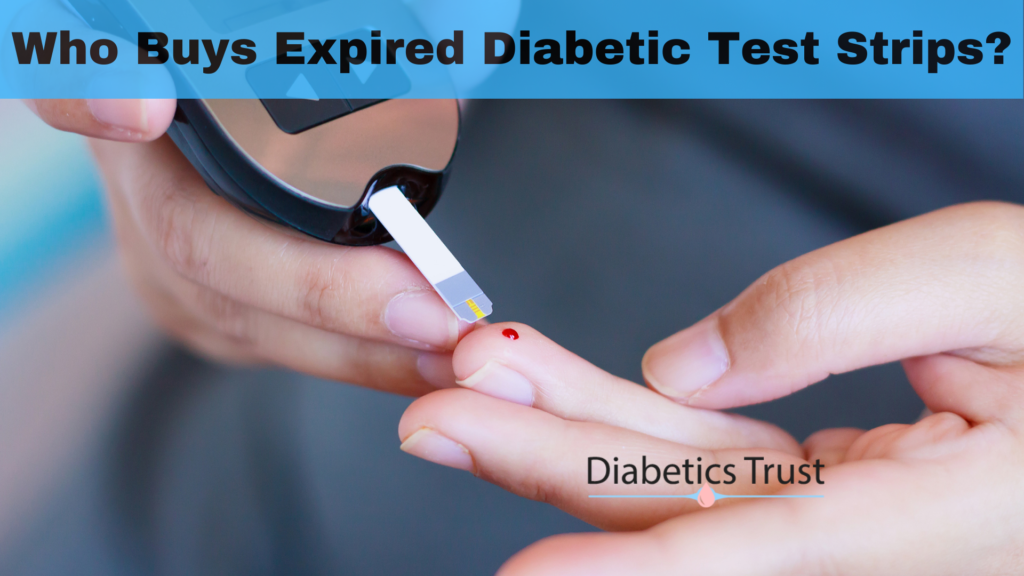Hyperglycemia is a medical term that describes elevated blood glucose levels (sugar) levels. Glucose is a vital energy source for our body and is regulated by the hormone insulin.
When our blood glucose levels rise too high, it is hyperglycemia. If uncontrolled, can lead to several health complications, such as diabetes, heart disease, kidney disease, and nerve damage.
What is Hyperglycemia?
Hyperglycemia is a common condition in people with diabetes, but it can also occur in people without it. The most common cause is poor diet, lack of physical activity, stress, illness, and certain medications.
A simple blood test is performed to measure glucose levels in the blood to diagnose hyperglycemia. If the results show elevated glucose levels, further testing may be needed to determine the cause and to develop a treatment.
Symptoms of Hyperglycemia

The following are common symptoms of hyperglycemia:
1. Increased thirst and frequent urination:
High blood glucose levels lead to increased urine production, causing you to feel thirsty and urinate more frequently.
2. Fatigue:
Hyperglycemia can make you feel tired and weak. It can be due to a lack of energy in your cells, which cannot utilize glucose effectively.
3. Blurred vision:
High blood glucose levels can cause fluid to build up in the eyes, leading to blurred vision. It is temporary and will resolve once blood glucose levels return to normal.
4. Slow-healing cuts and bruises:
When blood glucose levels are high, the body’s ability to fight off infections is reduced, which can lead to slow-healing cuts and bruises.
5. Numbness or tingling in the hands and feet:
High blood glucose levels can damage the nerves, causing numbness or tingling in the hands and feet.
6. Dry skin:
Hyperglycemia can lead to dry skin, which is more prone to cracking and itching.
7. Increased Hunger:
High blood glucose levels can make you feel hungry, even if you have just eaten.
8. Yeast Infections:
High blood glucose levels can create an environment favorable for yeast and fungal infections, leading to symptoms such as itching and discharge.
9. Irritability:
Hyperglycemia can cause mood swings, making you feel irritable and moody.
Treatment for Hyperglycemia
Treatment for hyperglycemia involves reducing the glucose levels in the blood to a safe range, which helps prevent the onset of long-term complications. Several methods can be used to achieve this goal, including lifestyle changes, medications, and insulin therapy.
Lifestyle Changes:
The first step in treating hyperglycemia is to make changes to your lifestyle. It includes eating a balanced diet, being physically active, and maintaining a healthy weight. In addition, avoiding or limiting the consumption of sugary and processed foods is also recommended.
Medications:
Several medications can be used to control hyperglycemia, including oral hypoglycemic agents and insulin sensitizers. These medications help to regulate glucose levels in the blood, making them an effective treatment for people with type 2 diabetes.
Insulin Therapy:
If diet and lifestyle changes and medications are not enough to control glucose levels, insulin therapy may be necessary. Insulin is a hormone that helps regulate glucose levels in the blood. Injections of insulin may be given several times a day or in the form of an insulin pump, which delivers insulin continuously.
How Can we be of Your Service?
We provide a secure, easy, and efficient way to sell your unused diabetic products to Diabeticstrust. We offer competitive prices and no hidden fees, so you can be sure you are getting the best deal possible.
Our team is here to answer any questions you may have. Contact us today to get the most out of your unused diabetic products.
FAQs Related to Hyperglycemia?
How long Does HypAerglycemia last?
The duration of hyperglycemia varies from person to person and can depend on the underlying cause, the severity of the condition, and the steps taken to manage it.
In some cases, hyperglycemia can last for just a few hours. However, those with chronic conditions such as diabetes can persist for days or even weeks.
Is hyperglycemia curable?
If hyperglycemia results from uncontrolled diabetes, it is not curable, but it can be managed through proper medication, diet, and exercise.
Lifestyle changes and glucose monitoring can help control blood sugar levels and prevent hyperglycemia.
Ending Remarks
There has already been a detailed discussion on What is hyperglycemia. People with diabetes are particularly at risk for developing it, but it can occur in non-diabetics also.
If you want to sell your extra diabetes supplies, visit diabeticstrust.com and request a quote today.
Seeking prompt medical treatment and following a healthy diet and exercise plan are crucial for maintaining good health and preventing long-term complications.





